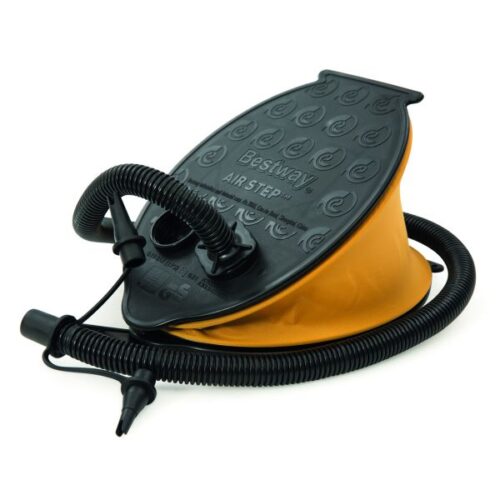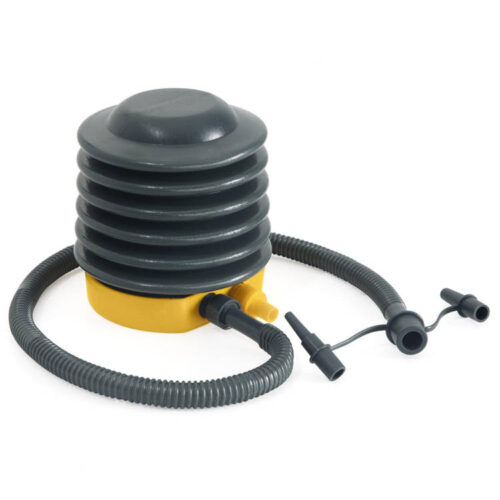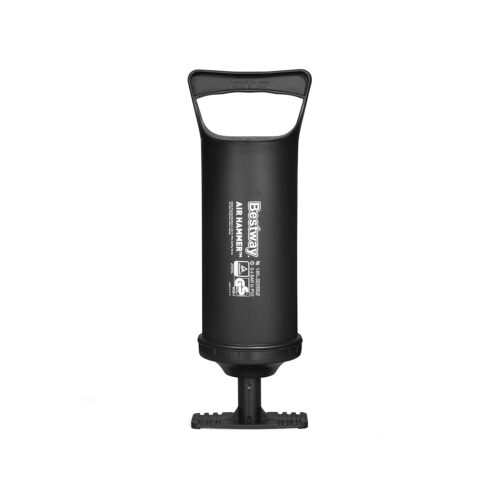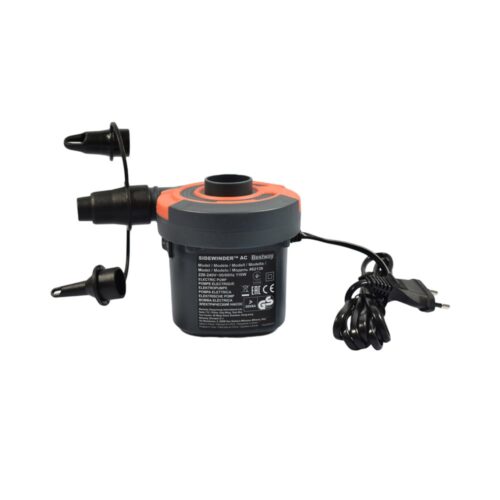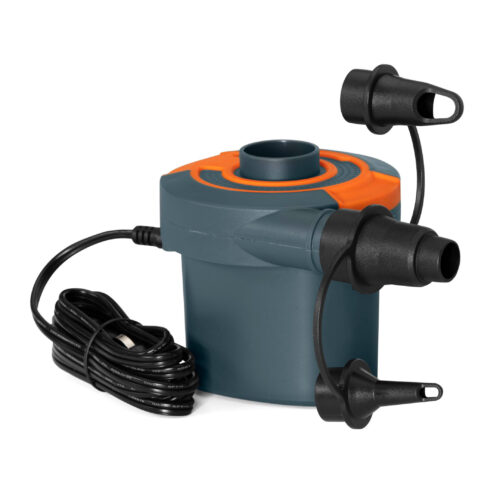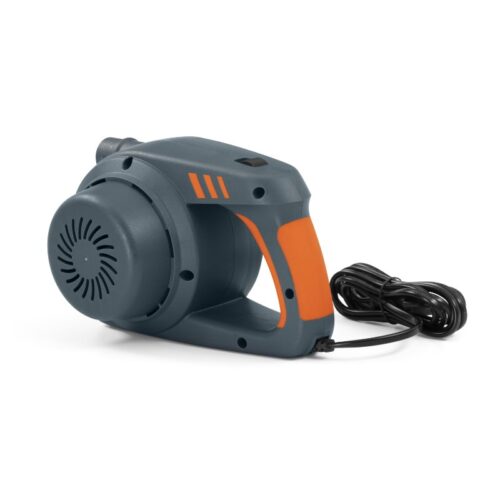Pumps
Showing all 6 results
Pumps are mechanical devices used to move fluids (liquids or gases) from one place to another by applying mechanical force. They are ubiquitous in numerous industries and applications, including manufacturing, agriculture, oil and gas, water treatment, HVAC (heating, ventilation, and air conditioning), and more. Here are some key points about pumps:
- Types of Pumps:
- Centrifugal Pumps: These are the most common type of pump and work by using a rotating impeller to impart centrifugal force to the fluid, causing it to move radially outward into a volute casing. Centrifugal pumps are widely used for applications such as water circulation, wastewater treatment, and irrigation.
- Positive Displacement Pumps: Unlike centrifugal pumps, positive displacement pumps operate by trapping a specific volume of fluid and then forcing it into the discharge pipe. Examples include piston pumps, diaphragm pumps, and gear pumps. Positive displacement pumps are often used for applications requiring precise flow control or handling viscous fluids.
- Submersible Pumps: These pumps are designed to be submerged in the fluid being pumped, such as groundwater, sewage, or slurry. They are commonly used in applications like groundwater extraction, wastewater treatment, and drainage.
- Rotary Pumps: Rotary pumps operate by rotating a rotor within a cavity to create suction and move fluid. Examples include rotary vane pumps, screw pumps, and gear pumps. Rotary pumps are often used for pumping viscous fluids or in applications requiring high pressure.
- Axial Flow Pumps: Axial flow pumps move fluid parallel to the pump shaft axis, rather than radially outward like centrifugal pumps. They are used for applications requiring high flow rates and low heads, such as irrigation, drainage, and flood control.
- Applications:
- Pumps are used in a wide range of applications, including water supply and distribution, wastewater treatment, oil and gas extraction, chemical processing, food and beverage production, pharmaceutical manufacturing, and more.
- They are also used in heating and cooling systems, such as circulating pumps in HVAC systems, boiler feed pumps in power plants, and refrigerant pumps in refrigeration systems.
- Selection Criteria:
- When selecting a pump for a specific application, factors to consider include the type of fluid being pumped (e.g., water, oil, chemicals), flow rate requirements, pressure head, viscosity, temperature, and the physical layout of the system.
- Efficiency, reliability, maintenance requirements, and cost are also important considerations in pump selection.
- Maintenance and Operation:
- Proper maintenance is crucial for ensuring the efficient and reliable operation of pumps. This includes regular inspection, lubrication, alignment checks, and monitoring of vibration and temperature.
- Operating conditions such as cavitation, overheating, and excessive vibration should be avoided to prevent premature wear and damage to the pump.
Overall, pumps play a vital role in various industrial processes and infrastructure systems, facilitating the movement of fluids essential for countless applications and services.
Buy Pumps in Uzbekisstan, in Tashkent

